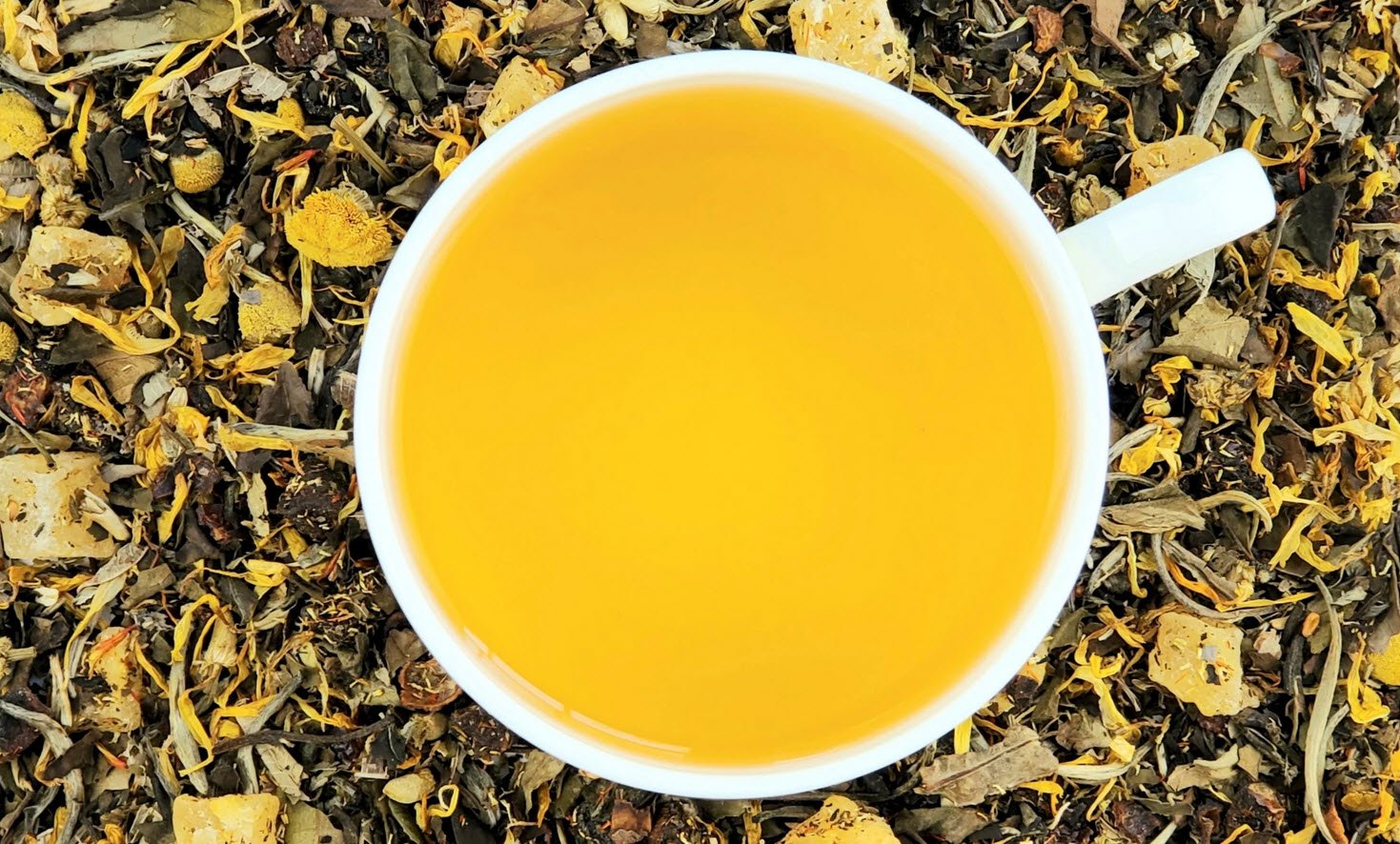
The brain is a complex organ with at least three layers of functioning that impact every element of our everyday lives: maintaining cognitive, emotional, and mental processes; maintaining normal behaviour, and maintaining social cognition. In the absence of obvious brain disorders that impair normal brain function, brain health may therefore be described as the maintenance of the best possible brain integrity and mental and cognitive performance at a given age.
The general health and functionality of the brain are referred to as brain health. It entails preserving mental faculties, avoiding illness and injury, and supporting healthy lifestyle choices like exercise, a balanced diet, and stress reduction.
6 Foods to Eat for Optimal Brain Health:
- Dark chocolate
- Blueberries
- Darky Leafy Greens
- Extra-Virgi Olive Oil
- Avocados
- Almonds
1) Dark Chocolate
Because of its high concentration of antioxidants and flavonoids, which protect the brain from damage and minimize oxidative stress, dark chocolate is considered a brain-boosting meal. Caffeine and theobromine, two substances found in dark chocolate, can help with alertness and cognitive performance.
Furthermore, flavonoids found in dark chocolate have been demonstrated to enhance blood flow to the brain and reduce inflammation, which can help protect against age-related cognitive decline and the risk of certain brain illnesses. Choose dark chocolate with a high percentage of cacao (70% or above) and restrict your daily portion size to 1-2 ounces. Dark chocolate can be eaten as a snack or used to flavor meals for a healthy brain boost.
2) Blueberries
These nutrients aid in the protection of the brain from damage and the reduction of oxidative stress, which can improve brain function and protect against age-related cognitive decline. Blueberries are also high in vitamins C and K, both of which are essential for brain function.
Blueberries have been associated in studies with increased memory and cognitive function, as well as a lower chance of acquiring certain brain illnesses. Aim to include a serving of fresh or frozen blueberries in your diet daily to reap the maximum advantages. As a snack, in smoothies, or as a topping for oatmeal or yogurt, they’re delicious.
Here are some quick suggestions for incorporating blueberries into various meal options:
- For an added boost of flavour and nutrients, sprinkle fresh blueberries on top of cereal, yogurt, waffles, pancakes, and oatmeal for breakfast.
- Make a quick and simple smoothie with yogurt, low-fat milk, and frozen berries.
- Add walnuts, feta cheese, and fresh or dried blueberries to a spinach salad.
- Add blueberries to sweet bread and muffins.
- As part of a new recipe, process them in a food processor with a little water.
3) Darky Leafy Greens
Darky Leafy greens are high in vitamins K and C, as well as fiber, which are all beneficial to brain function. They are also high in folate, a B vitamin that is essential for brain development.
Leafy greens’ antioxidants and anti-inflammatory substances have been shown to protect the brain from harm and prevent oxidative stress. Leafy greens have been found to increase memory and cognitive function, as well as minimize the risk of age-related cognitive decline. To reap the greatest advantages, consume leafy greens either raw or minimally cooked.
4) Extra-Virgi Olive Oil
Monounsaturated fatty acids found in olive oil have been demonstrated to enhance blood flow to the brain and protect against age-related cognitive loss. It is also high in antioxidants, which help to protect the brain from harm and prevent oxidative stress.
Olive oil’s anti-inflammatory effects have been demonstrated to lower brain inflammation, which is a risk factor for several brain illnesses such as Alzheimer’s and Parkinson’s. Extra-virgin olive oil has been demonstrated to increase cognitive function and memory, as well as lower the risk of some brain illnesses when used regularly.
5) Avocados
Avocados are thought to be a wonderful brain meal due to their high vitamin content. They are high in monounsaturated fats, fiber, vitamins C, K, B6, and folate, all of which are beneficial to brain function. Avocados have been demonstrated to increase blood flow to the brain and decrease inflammation, which can help protect against age-related cognitive decline and lower the risk of some brain disorders including stroke.
They’re also high in potassium, which can help control blood pressure and boost cognitive function. To reap the maximum advantages, incorporate avocados into your diet by tossing them into salads, or smoothies, or substituting them for mayonnaise in sandwiches and dressings.
6) Almonds
Because of their rich nutrient content and healthy fats, almonds are regarded as a top meal for brain power. Almonds are considered a top food for brain power due to their high nutrient content and healthy fats. Almonds are a good source of vitamins and minerals, including B vitamins, vitamin E, magnesium, and potassium, which are important for brain health.
They are also rich in monounsaturated and polyunsaturated fatty acids, which have been shown to improve brain function and reduce the risk of certain brain diseases. The high fiber and protein content of almonds also helps regulate blood sugar levels and provides sustained energy for the brain. Regular consumption of almonds has been shown to improve memory and cognitive function and reduce the risk of age-related cognitive decline. Enjoy almonds as a snack, in smoothies, or as an ingredient in healthy recipes for a brain boost.
You may also read:
- Exploring the Delightful World of Cold Sauces – From Aioli to Tapenade
- How To Prepare Keto Vanilla Cake
- 15 Different Types of Citrus Fruits You Need To Know
- A Guide to the Diverse World of Peppers
- Exploring the World of White Teas – A Delicate Symphony of Flavors
- Crafting a Vienna Vanilla Coffee Latte
- 4 Easy Steps to Prepare the Perfect Macchiato
- 20 Snacks Under 100 Calories – All You Need To Know
- Sunset Smoothie For Weight Loss – Preparation and Benefits
- Top 16 World’s Healthiest Foods








